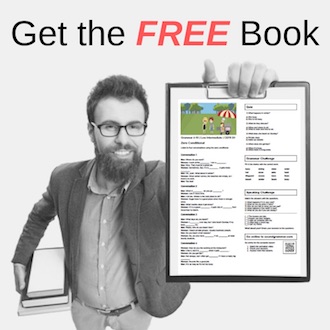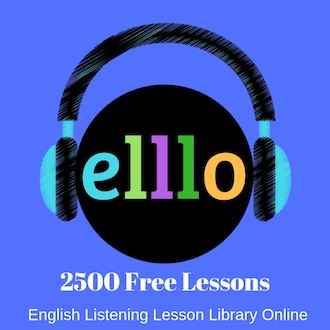First Conditional

Paul: Hey Joe, are we still playing soccer on Sunday?
Tina: Well, it depends on a few things. We need permission to use the field, so I need to check on that. If by chance we get permission to use the pitch, I'll send out an invite to all the people who want to play. Then, if we get enough players, we'll have a match at 2 pm at Rec Field.
Paul: OK, that sounds good, but what happens if we can't use the pitch?
Tina: Well, if that happens, I'll try to get an alternative field. I was thinking of the that park on the East Side of town.
Paul: Yeah, I've played there before. It's alright. But if we play there, we'll all have to drive. That's a long ways away.
Tina: Yeah, I know, I was thinking of that, so if we have to play there, I'll see if we can use the company van to transport everyone.
Paul: OK, yeah, sounds good. Fingers crossed. So, is your husband going to play?
Tina: He wants to, but we need to find a baby-sitter for our son. If he can find a sitter, he'll come. If not, he'll have to stay at home.
Paul: Well, here's hoping!
First Conditional
- If it rains, I will go out tonight.
- If you win the next race, you will have chance of winning gold.
- If we hurry, we can make it.
- If we get busy, I cannot meet you.
- If I see Mary, I will tell her the bad news.
- If we can pass these exams, we will be happy.
- If you come over, I will make you dinner.
- If it happens, it happens.
- I will tell Mary the bad news if I see her.
- We will be happy if we pass these exams.
- I will call you if we are late.
- We will lose if we do not try harder.
- I may tell Mary the bad news if I see her.
- If you do your homework, you can watch TV.
- You should get there on time if the traffic is not bad.
- If he does that again, I would tell the boss.









